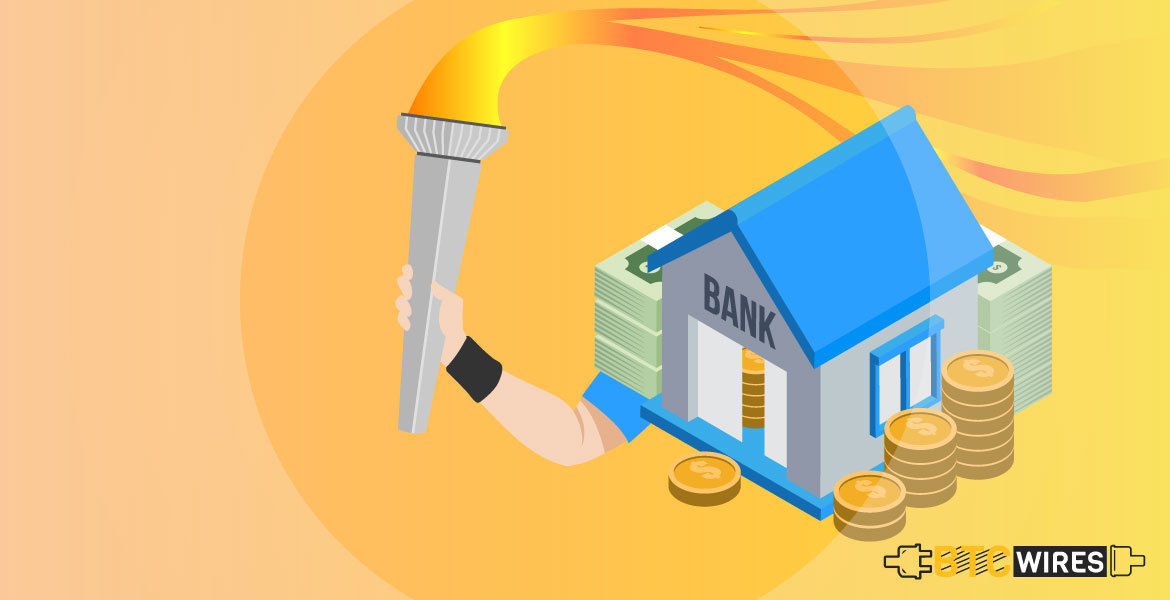While Bitcoin has its various advantages, yet at the same

While Bitcoin has its various advantages, yet at the same time, the cryptocurrency is notorious for the illegal transactions carried through it. However, it is interesting to note that the amount of money used to conduct illegal businesses through Bitcoin is nothing when compared to the massive number of illegitimate transactions that go through traditional banks.
This is what the report titled “THE DRUG PROBLEM AND ORGANIZED CRIME, ILLICIT FINANCIAL FLOWS, CORRUPTION AND TERRORISM” by the United Nations Office on Drugs and Crime brings to light. As per the report, every year trillions of dollars are channelled illegally through banks.
Another Bloomberg report titled “The Cost of Dirty Money” illustrates the complex web of the money laundering process involving the traditional banking system. Some of the bad actors highlighted in the Bloomberg report include JPMorgan Chase, Danske Bank, Citigroup, Deutsche Bank, and several other international banks.
Scandals such as the USD 378 billion Mexican drug smuggling crime or the USD 65 billion Bernie Madoff Ponzi scheme which saw the well know JPMorgan Chase being fined a whopping USD 2.05 billion all signal towards the corruption inherent in our traditional financial system.
Bitcoin advocates are of the view that since digital currencies offer verifiable, immutable ledgers, hence they hold the potential to eliminate financial crimes. On the other hand, there are Bitcoin naysayers who point out the flaws in digital currencies explaining how Bitcoin facilitated the purchase of drug and gun purchases on the erstwhile Silk Road. In September 2018, the Wall Street Journal had released a report explaining that as much as USD 9 million had been laundered using Bitcoin over the time period of 2016 to 2018.
While Bitcoin may continue to be used for illegal transactions, however, we cannot yet deny that the problem of corruption is all-pervasive. Despite everything, the traditional banking system takes the cake for the most money laundered through illegal transactions.
